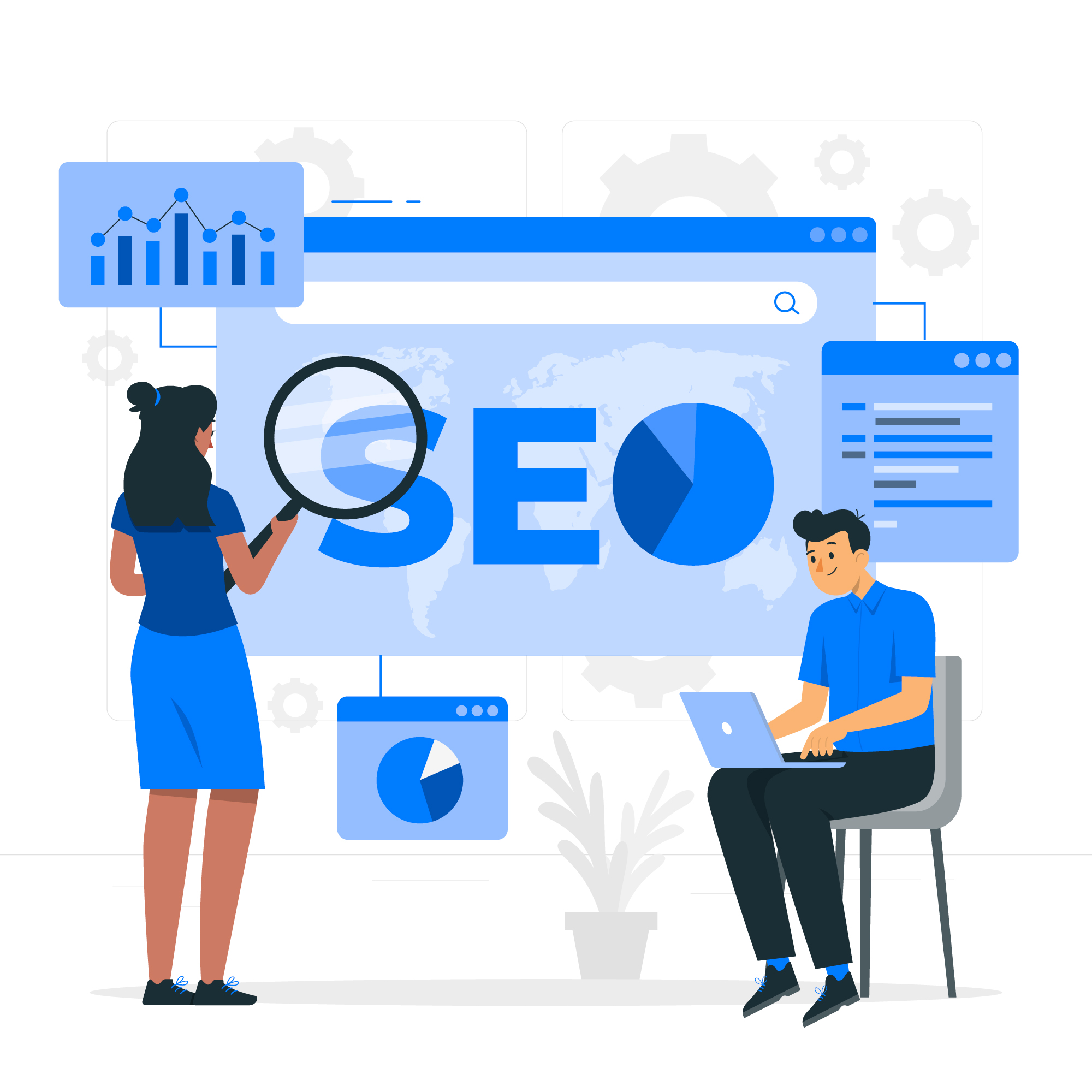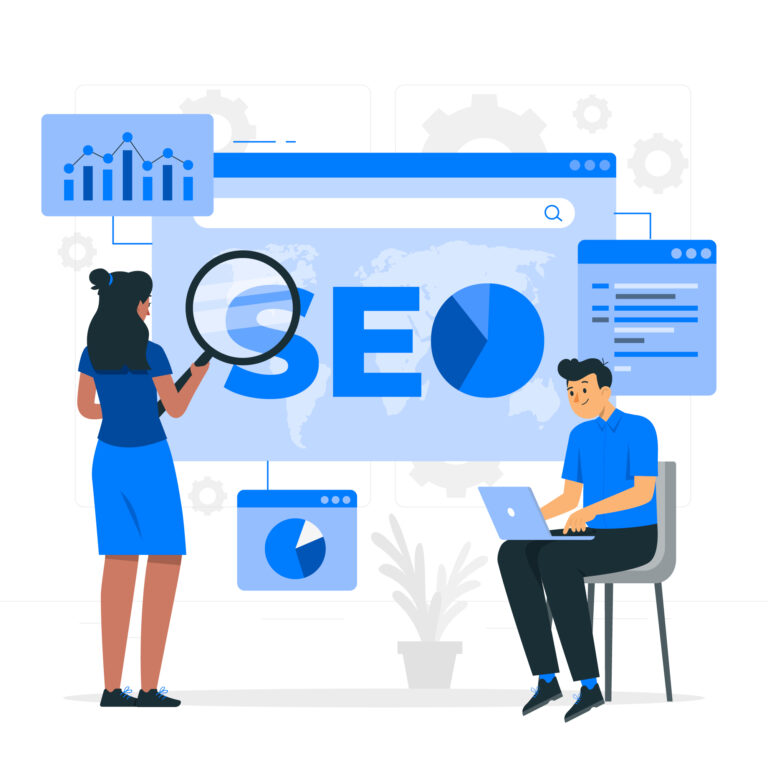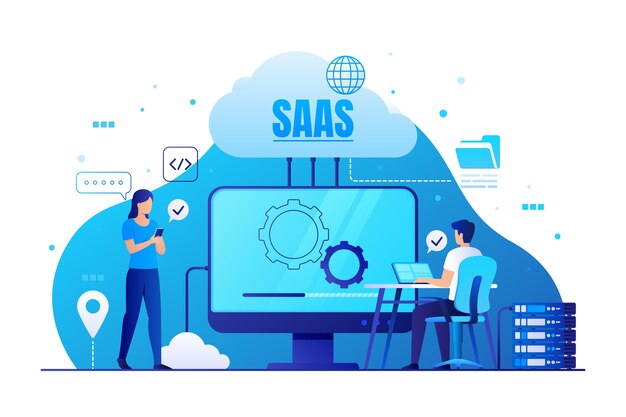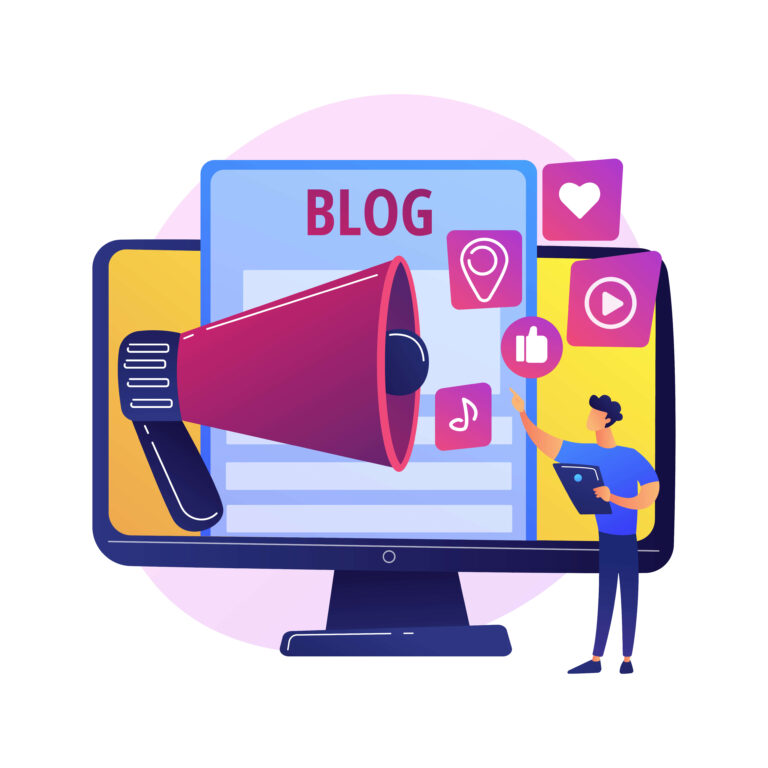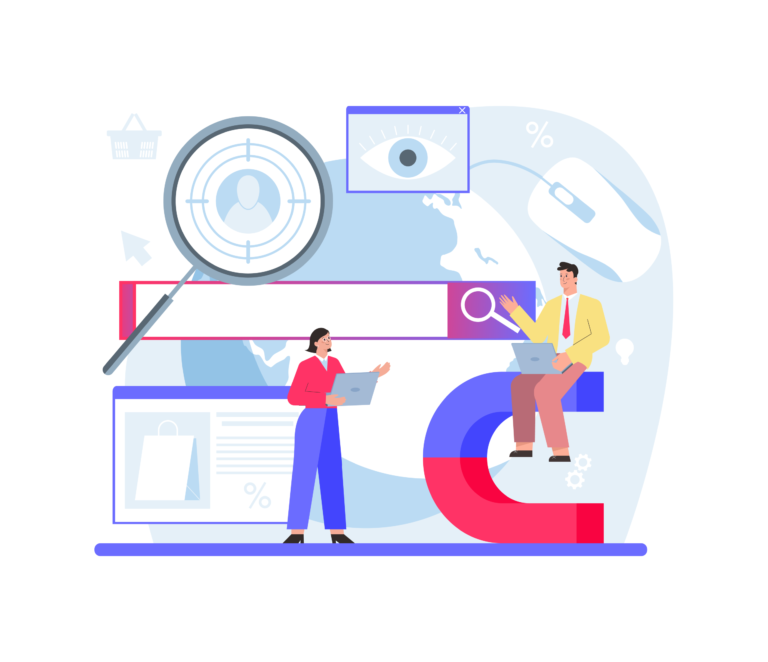Leveraging AI in SEO: A Comprehensive Guide for Startups
Startups face fierce competition in gaining online visibility. Search Engine Optimization (SEO) is crucial for driving organic traffic and building brand awareness. Artificial Intelligence (AI) offers a variety of powerful tools and techniques that can give startups a competitive edge on their SEO. This comprehensive guide will explore how startups can leverage AI in their SEO strategies, addressing key questions and providing actionable steps.
What are the steps to take to do SEO?
Before diving into AI-powered SEO, it’s essential to understand the fundamental steps of SEO:
- Keyword Research: Identify relevant keywords and phrases your target audience uses when searching for products or services similar to yours.
- On-Page Optimization: Optimize your website’s content, meta tags, headers, and images for target keywords.
- Technical SEO: Ensure your website is crawlable, has a proper site structure, and loads quickly.
- Content Creation: Develop high-quality, relevant content that addresses user intent and incorporates target keywords naturally.
- Link Building: Acquire high-quality backlinks from reputable websites to boost your site’s authority.
- Performance Tracking: Monitor your SEO efforts and adjust strategies based on results.
What are the tools to use?
AI-powered SEO tools can significantly enhance your optimization efforts. Here are some popular tools for startups:
- SEMrush: Offers comprehensive SEO analysis, keyword research, and competitor insights.
- Ahrefs: Excellent for backlink analysis, keyword research, and site audits.
- Moz: Provides keyword research, site audits, and rank tracking with a user-friendly interface.
- Google Analytics: Essential for tracking website performance and user behavior.
Step-by-step implementation of AI-powered SEO for startups
- Step 1: Define Your Goals Before implementing AI tools, clarify your SEO objectives. Are you aiming to improve rankings for specific keywords, increase organic traffic, or enhance user engagement?
- Step 2: Choose the Right AI Tools Select AI tools that align with your goals and budget. Many tools offer free trials or starter plans suitable for startups.
- Step 3: Conduct AI-Driven Keyword Research Use tools like SEMrush or Ahrefs to identify high-value keywords. AI algorithms can analyze search trends and competition to suggest the most relevant keywords for your niche.
- Step 4: Optimize On-Page Elements Leverage AI tools to optimize meta tags, descriptions, and headers. Tools like Surfer SEO can provide AI-driven recommendations for on-page optimization.
- Step 5: Create AI-Assisted Content Use AI content generators like Jasper to create initial drafts or generate content ideas. Remember to review and edit AI-generated content to ensure quality and brand voice consistency.
- Step 6: Implement Technical SEO Improvements Use AI-powered site audit tools to identify technical issues affecting your site’s performance. Tools like Screaming Frog can help diagnose and fix technical SEO problems.
- Step 7: Develop an AI-Informed Link Building Strategy AI tools can help identify high-quality link-building opportunities by analyzing your competitors’ backlink profiles and industry trends.
- Step 8: Monitor and Analyze Performance Use AI-powered analytics tools to track your SEO performance. These tools can provide real-time insights and predictive analysis to help you make data-driven decisions.
- Step 9: Continuously Optimize and Adapt Regularly review the insights provided by AI tools and adjust your strategies accordingly. SEO is an ongoing process, and AI can help you stay agile and responsive to changes in search algorithms and user behavior.
After implementing AI-powered SEO strategies, startups should:
- Regularly review and refine their SEO strategy based on AI-generated insights.
- Stay updated on AI advancements in SEO and adopt new tools or techniques as they emerge.
- Balance AI recommendations with human creativity and industry expertise.
- Continuously create high-quality, original content that serves user intent.
- Monitor competitors and adjust strategies to maintain a competitive edge.
Top Techniques for SEO
- AI-Driven Keyword Research: Utilize AI to uncover valuable long-tail keywords and predict keyword trends.
- Content Optimization: Use AI tools to optimize content structure, readability, and keyword usage for better search engine visibility.
- Predictive SEO: Leverage AI to forecast future SEO trends and adjust strategies proactively.
- Voice Search Optimization: Optimize for conversational queries using AI-powered natural language processing tools.
- AI-Enhanced User Experience: Analyze user behavior with AI to improve website navigation and engagement.
- Automated Technical SEO: Use AI for continuous site audits and quick resolution of technical issues.
- AI-Powered Link Building: Identify high-quality backlink opportunities and automate outreach processes.
- Personalized Content Delivery: Use AI to deliver personalized content based on user behavior and preferences.
In conclusion, AI has transformed SEO, offering startups powerful tools to compete effectively in the digital space. By leveraging AI in keyword research, content creation, technical optimization, and performance analysis, startups can significantly enhance their SEO efforts. However, it’s crucial to remember that while AI can provide valuable insights and automate many tasks, human creativity and strategic thinking remain essential for successful SEO implementation.
Frequently Asked Questions
1: What is AI-powered SEO?
AI-powered SEO refers to the use of artificial intelligence technologies to enhance and automate various aspects of search engine optimization. This includes tasks like keyword research, content optimization, and performance analysis.
2: How can AI benefit my startup’s SEO efforts? AI can scan search patterns, user behavior, and competitive data to project keyword trends. This helps in unearthing short-tail and long-tail keywords that are most likely to drive traffic. Other benefits include
- Automating time-consuming tasks
- Providing data-driven insights
- Identifying trends and opportunities
- Optimizing content more effectively
- Personalizing user experiences
3: What are some free AI-powered SEO tools available for startups?
Some free AI-powered SEO tools include:
- Google Search Console: For tracking website performance in search results
- Google Analytics: For analyzing website traffic and user behavior
- Bing Webmaster Tools: Similar to Google Search Console, but for Bing
- Yoast SEO (WordPress plugin): Offers AI-powered content optimization suggestions
4: How can I implement AI in my SEO strategy on a budget? Start by:
- Using free AI-powered tools like Google Search Console and Analytics
- Leveraging AI writing assistants for content creation (e.g., ChatGPT for brainstorming)
- Implementing AI chatbots for improved user engagement
- Using AI-powered image optimization tools like Squoosh.app or https://tinypng.com/
5: What are some key AI-powered SEO techniques?
- AI-driven keyword research and clustering
- Automated content optimization
- Predictive analytics for SEO performance
- AI-powered internal linking strategies
- Voice search optimization using natural language processing
5. Are there any risks associated with using AI for SEO?
- Over-reliance on automation
- Misinterpretation of AI-generated data
- Potential for creating content that feels artificial
- Privacy concerns related to data collection
Always balance AI insights with human oversight and adhere to ethical SEO practices.
6: How can I stay updated on AI advancements in SEO?
- Following reputable SEO blogs and news sites
- Attending webinars and conferences on AI and SEO
- Participating in SEO forums and communities
- Experimenting with new AI tools as they become available
7. Why AI Is Critical for Modern SEO?
Manual efforts in SEO can be very time-consuming and less than precise. AI addresses these challenges through data-driven insight, automation, and more accurate prediction.
AI has had a great influence on the evolution of search engines. For instance, Google’s algorithms put AI into use to much better understand content and the intent of users, hence making SEO strategies much more sophisticated.
The Traditional ways of doing SEO often get limited—for instance, by manual keyword research and content optimization; AI can effectively cover these loopholes. Search engines like Google have incorporated artificial intelligence to enhance their understanding of web content and the intent of the end-user. AI algorithms process huge amounts of data for relevant search results by considering context, semantics, and user behavior. This change in pace definitely calls for a revision of SEO strategies to move with these advanced algorithms that equate to better visibility.
8. How do you use AI with On-Page SEO?
Meta Tags and Descriptions: AI tools can automatically generate and optimize:
- Title tags: Ensuring optimal length, keyword placement, and click-worthiness
- Meta descriptions: Creating compelling snippets that include target keywords and call-to-actions
- Header tags (H1, H2, etc.): Structuring content for both users and search engines
- URL slugs: Creating SEO-friendly URLs that include target keywords
Image Optimization: AI enhances image SEO by:
- Generating relevant alt text based on image content analysis
- Compressing images without significant quality loss
- Suggesting optimal image dimensions and file formats
- Detecting and flagging low-quality or duplicate images
Internal Linking Strategies: AI tools analyze site structure and content to:
- Identify relevant internal linking opportunities
- Suggest anchor text for internal links
- Highlight pages that need more internal links
- Create topic clusters and pillar page structures
AI-Enhanced User Experience (UX) :AI analyzes user interactions through:
- Heat maps and click tracking
- Session recordings
- User flow analysis
- Bounce rate and time-on-page metrics These insights help identify UX issues and opportunities for improvement.
Personalization: AI enables personalized experiences by:
- Recommending relevant content based on user browsing history
- Dynamically adjusting site layout and content for individual users
- Personalizing search results within the website
- Tailoring product recommendations in e-commerce settings
Impact on SEO: Improved UX correlates with better SEO performance due to:
- Increased time on site and reduced bounce rates
- Higher engagement metrics, which are ranking factors
- Improved site structure and navigation, aiding crawlability
- Better mobile experiences, which is crucial for mobile-first indexing
8. How do you use AI with Technical SEO?
Site Audits: AI-powered tools like Screaming Frog and DeepCrawl automate technical SEO audits by:
- Identifying broken links and redirect chains
- Analyzing page load speeds and suggesting improvements
- Detecting duplicate content issues
- Evaluating site structure and crawlability
- Checking for proper implementation of canonical tags and hreflang attributes
Mobile Optimization: AI ensures mobile-friendliness by:
- Analyzing site responsiveness across various devices
- Identifying mobile usability issues (e.g., touch element sizing)
- Suggesting improvements for mobile page speed
- Ensuring proper implementation of Accelerated Mobile Pages (AMP)
Structured Data and Schema Markup: AI tools assist with structured data by:
- Automatically generating appropriate schema markup
- Validating existing schema for errors
- Suggesting new schema opportunities based on content analysis
- Monitoring rich snippet performance in search results
Sources:
- Google Search Console: https://search.google.com/search-console/about
- Google Analytics: https://analytics.google.com/
- Bing Webmaster Tools: https://www.bing.com/webmasters/
- Yoast SEO: https://yoast.com/wordpress/plugins/seo/
- MarketMuse: https://www.marketmuse.com/
- Squoosh.app: https://squoosh.app/
- Google’s SEO Starter Guide: https://developers.google.com/search/docs/fundamentals/seo-starter-guide
- Moz’s Beginner’s Guide to SEO: https://moz.com/beginners-guide-to-seo
- Search Engine Journal’s AI and Machine Learning in SEO: https://www.searchenginejournal.com/category/ai/

